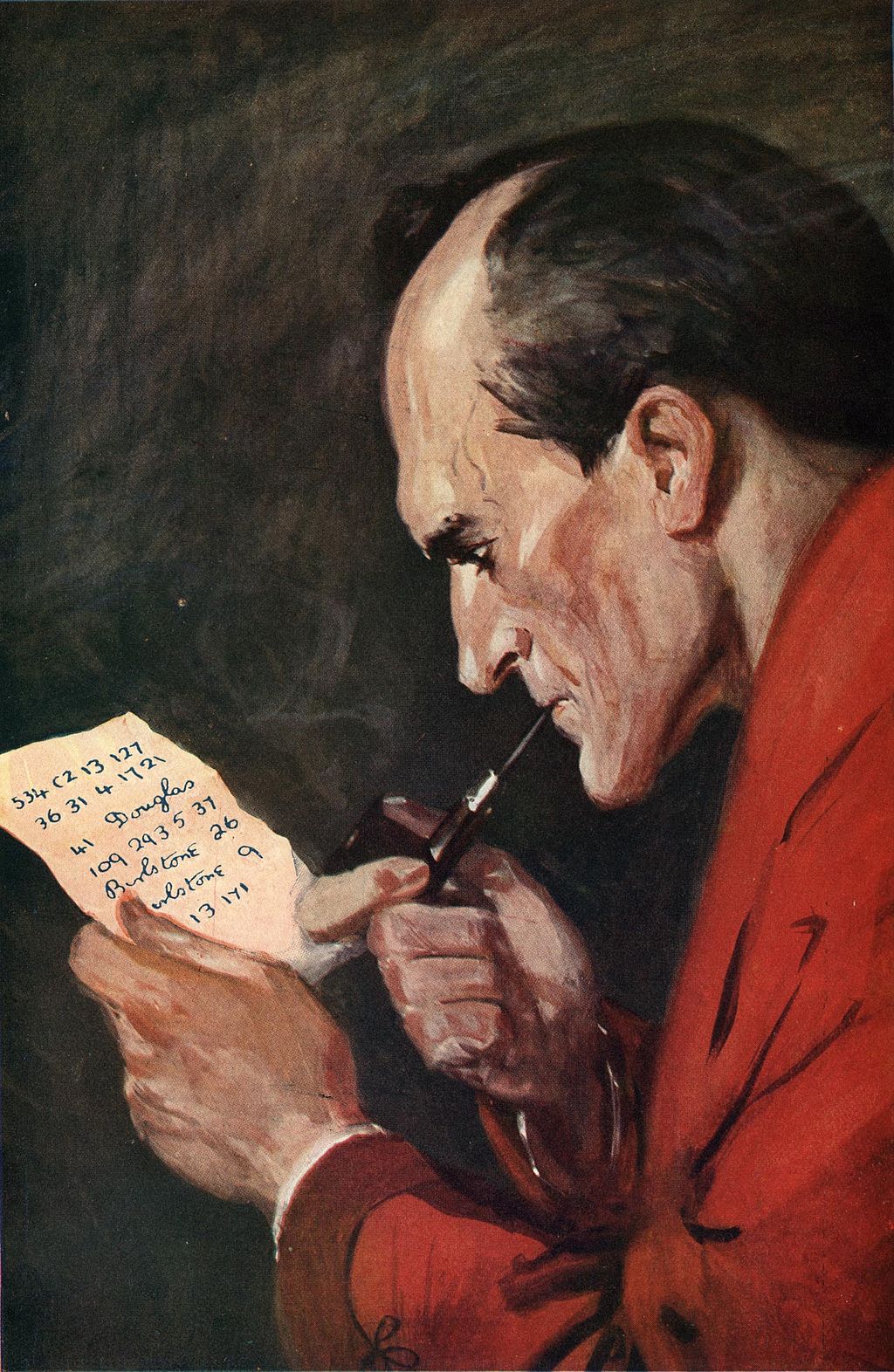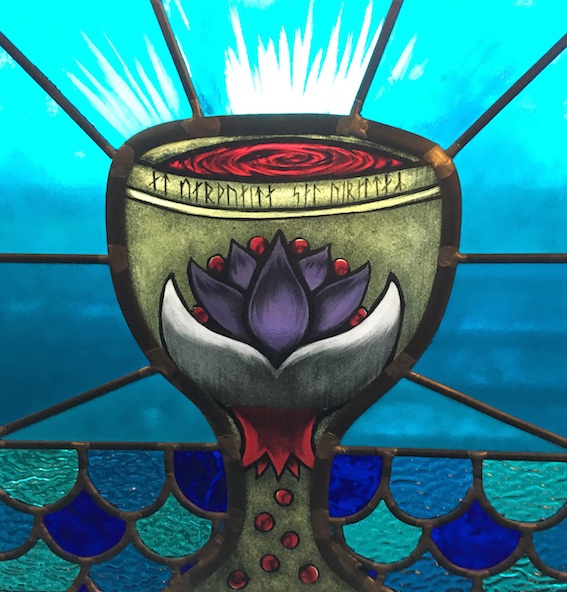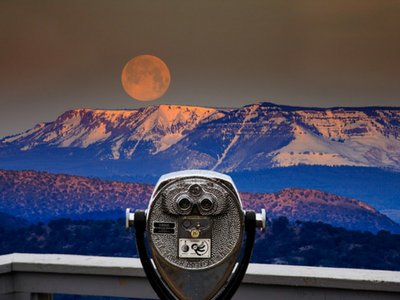Mary Antonia Wood is the Chair of the M.A. in Depth Psychology and Creativity with Emphasis in the Arts and Humanities at Pacifica Graduate Institute, and has published The Archetypal Artist: Reimagining Creativity and the Call to Create, a book that addresses the confluence of Jungian and archetypal psychologies, the artist, the shaman, and creativity itself. I’m delighted to speak with her about her new book.
Angela: The Archetypal Artist does not shy away from the big questions, Mary! You begin the first chapter asking “What is the soul?” And more specifically, the type of soul work facilitated by the shaman, including the cave painters of Lascaux and Les Trois-Frères, the archetypal ancestors of the artist. In your estimation, what is the relationship between creativity and the soul?
Read More

-2.png)
.png)





